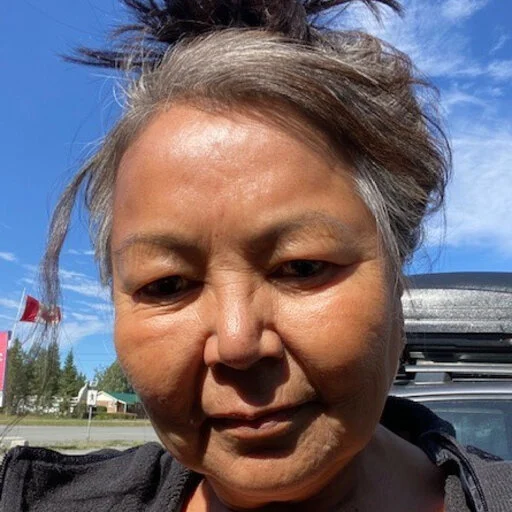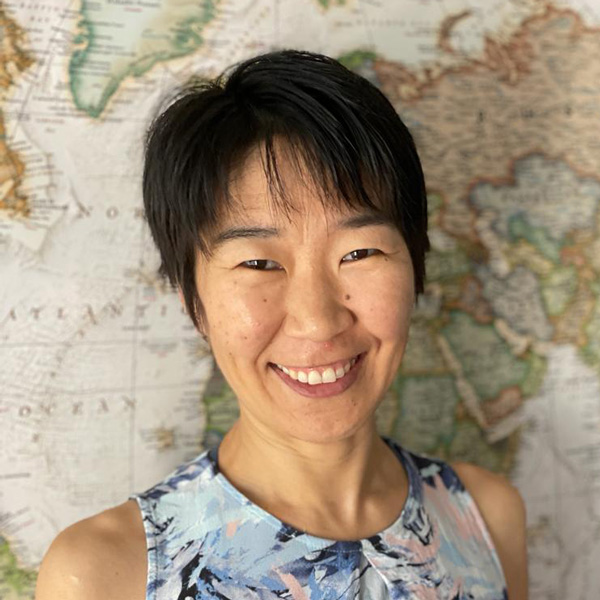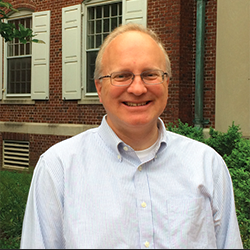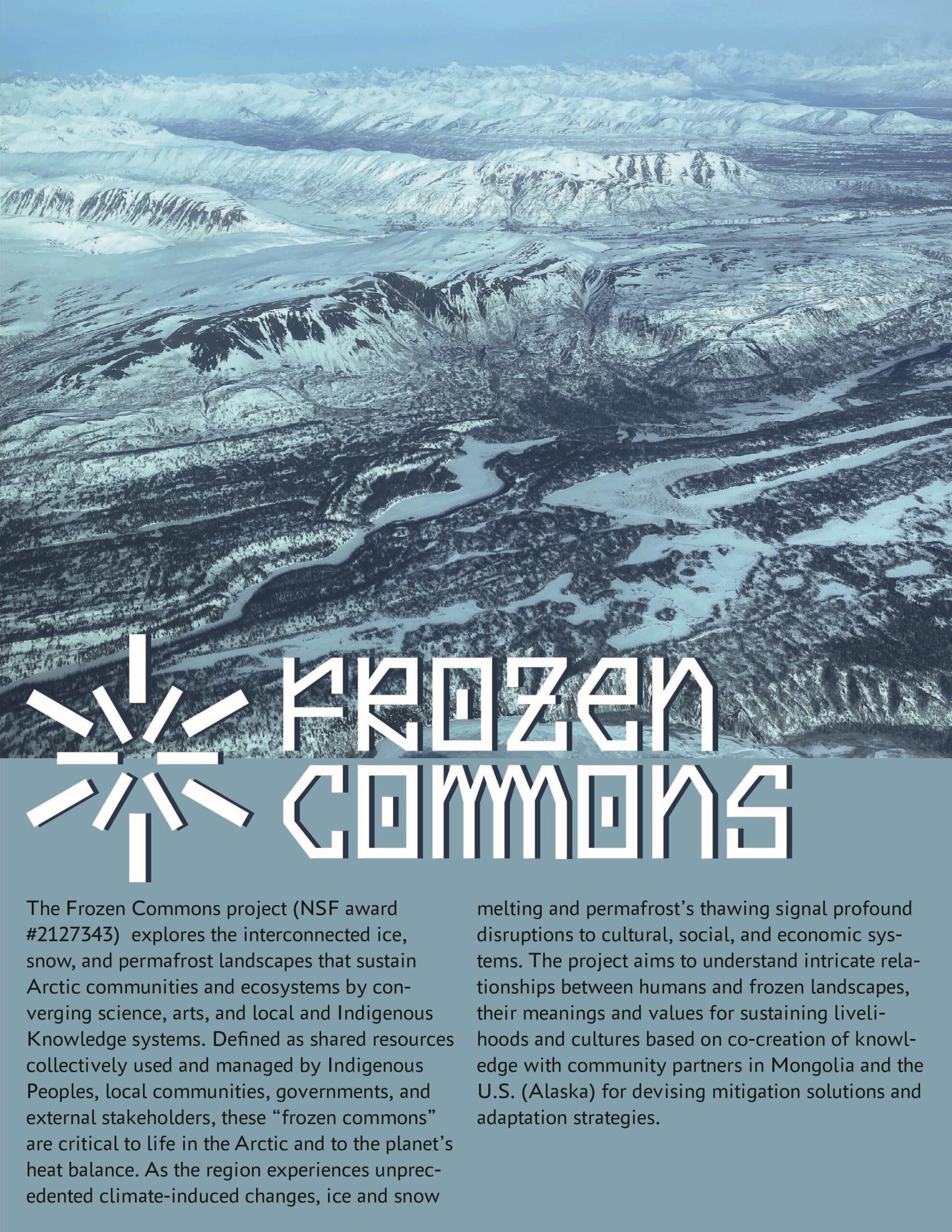- Location: Cryosphere Pavilion, Blue Zone, Hangar Convention and Fair Centre of the Amazon, Belém, Brazil
- Time and date: 19:45 – 20:30, November 11, 2025
As the cryosphere—comprising snow, ice, and permafrost—melts at an alarming pace, there is an urgent need to understand the consequences for both local communities and global sustainability. Arctic Indigenous Peoples have long been at the forefront, witnessing and adapting to dramatic changes in their environments. Their traditional knowledge, shaped by generations of observation, is invaluable in understanding the impacts and guiding meaningful responses.
This UNFCCC event brings together Indigenous Peoples, nomadic communities, scientists, artists, and policymakers to encourage dialogue, build alliances, and strengthen cryosphere governance. The focus is on integrating scientific research with Indigenous and traditional knowledge to enable informed decision-making and cooperation, especially given the limitations of national-level collaboration. Participants will work together to develop actionable solutions that prioritize sustainability and respect the rights and livelihoods of those reliant on these frozen commons. Join us to help shape inclusive, effective responses for the future of the cryosphere and the communities that depend on it.
In particular, they will seek responses to the following questions:
- Why the world should care about Arctic snow, ice, and permafrost?
- What can be learnt from Indigenous Peoples about governance of these frozen commons?
- How can we work together to protect the cryosphere?
Speakers:
Norma Shorty
Yukon University, the Arctic Athabascan Council’s representative in the Social, Economic and Cultural Expert Group in the Arctic Council. She is a Tlingit scholar, residing in Marsh Lake, Tagish, Juneau, Teslin, and Whitehorse, with extensive expertise in Indigenous-led research and educational projects.

Vera Kuklina
Research Professor, Department of Geography and Environment, George Washington University, is a Buryat scholar with extensive experience in leading multidisciplinary projects, a Board Member of the American Center for Mongolian Studies, and the U.S. Representative to the International Arctic Science Committee (IASC) in the Social and Human Working Group. Kuklina is Lead PI for the project Frozen Commons: Change, Resilience and Sustainability in the Arctic funded by the National Science Foundation.

Moderator:
Robert Orttung
Professor of Sustainability and International Affairs and Director of the Sustainability Research Institute, George Washington University. Orttung is the lead PI for several National Science Foundation projects, including Measuring Urban Sustainability in Transition and Arctic Cruise Ship Tourism. A new project examines the green energy transition in the north. He has published extensively on Arctic topics, including Urban Sustainability in the Arctic: Measuring Progress in Circumpolar Cities (NY: Berghahn, 2020).


